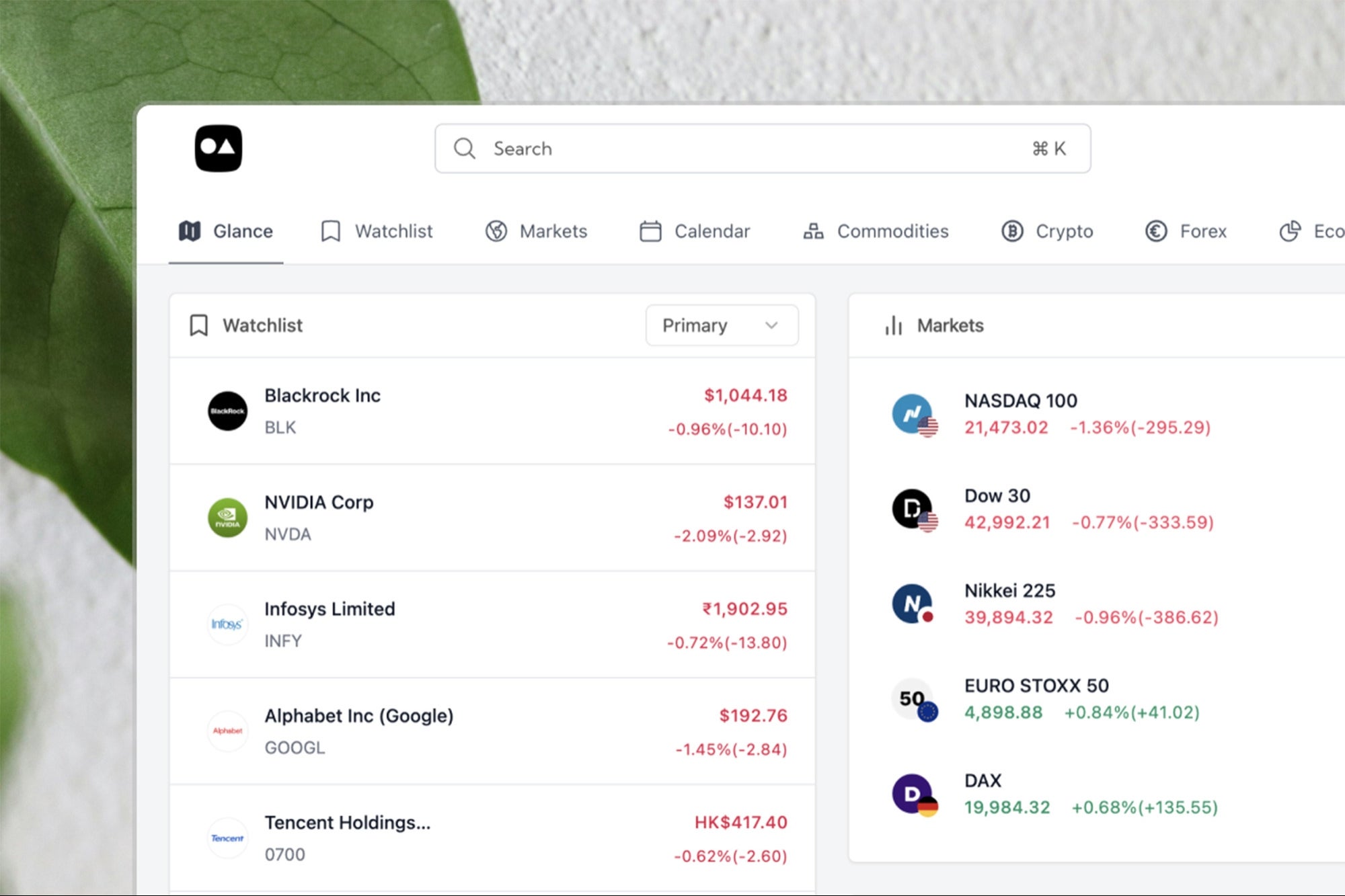The Same, but Different A franchise attorney weighs the effects of individuality on the franchise system.
By Devlin Smith
Opinions expressed by BIZ Experiences contributors are their own.
Earlier this year, McDonald's launched its New Tastes Menu, a program that enables owner-operators to rotate menu items to better appeal to local tastes. Other chains have also encouraged this type of customization, whether by adding cole slaw to hamburgers in North Carolina or introducing fajitas to menus in the Southwest.
But does all this individuality take away from the uniformity that brings franchisees-and customers-to a chain? Franchise Zone spoke with Philip F. Zeidman, head of the franchise and distribution law practice at the Washington, DC, office of Piper Marbury Rudnick & Wolfe LLP, about why individuality can be good and bad for franchisors and franchisees.
Franchise Zone: Why do franchises allow their franchisees to customize menus?
Philip F. Zeidman: Not all do. Certainly not all do to the same degree. Some franchise companies have much stronger views regarding uniformity than others. Franchisors that permit it recognize, in some circumstances and in certain kinds of businesses, that franchisees, who are closer to the pulse of the customer, may have a better sense of the particular needs of customers.
How can franchisees' individuality help a system?
By showing that a franchise is in tune with customers' needs and the local circumstances. That's likely to appeal to a customer more than the perception of a purely cookie-cutter, rigid, formalized, impersonal business. When a McDonald's franchisee becomes active in the local Little League and throws out the first ball, that's clearly a reflection of their being part of the community. The question is, do you mold the franchise to the needs of the community without regard to the fact that one location may be different from another?
How can individuality hurt?
It can dilute the sense of a franchise's national image, which may have brought customers there in the first place. Most people go into a franchise outlet not because of that particular physical location, but because they had heard of the name, seen advertising or previously shopped at another outlet of that franchise. Therefore, anything you do to suggest that what brought the customer there may not be the same raises a potentially troubling element.
Could this hurt the franchisor or the franchisee more?
I don't believe you can draw those distinctions. What helps the franchisee is going to help the franchisor and vice versa in almost every case. I'm sure some franchisees believe that if they could be liberated from the restrictions of the franchisor's operation, they'd get lots more customers, and maybe short term they will. Long term, if you liberate a franchisee completely from the franchisor's system, you're destroying the whole purpose of being a franchise and, ultimately, that franchisee will suffer as well as the franchisor.
Are there any legal issues involved with this? Do franchisees need to get permission from their franchisor before making menu changes or additions?
Yes, there certainly are legal issues. Virtually every franchise system provides guidelines for maintaining the system standard, décor, uniformity, trade dress, etc., and franchisors almost always have the legal power to force franchisees to abide by those, even to the point of terminating [their contracts] if they refuse to comply. Legal issues arise if franchisors permit certain franchisees to deviate from their standards. Some may question whether the franchisor is losing the capacity to require that franchisee to conform to standards. In addition, a franchisor that doesn't require a franchisee to comply with standards may, under extreme circumstances, even lose his rights to protect his trademark, because he isn't maintaining the uniformity, quality and nature of [the goods and services].
Do you think it's a good idea for franchisors to allow a little bit of flexibility with their menu?
Almost all franchisors do to one degree or another, because they recognize there may be regional differences and in some cases, this is one of the best ways to find out whether there's a potential for interest in a particular product. A franchisor with a mixture of company-owned and franchised outlets would usually experiment in a company-owned outlet, but when the franchisor doesn't have enough company outlets to do that or the particular product or service being tested isn't in the company-owned stores' geographic area, it may be necessary to do the testing at a franchise outlet.
The End of Franchising as We Know It?
Why does this customization seem to be happening so much now, as with the McDonald's New Tastes menu?
I'm not sure it is happening so much more. You tend to see more publicity about things when a large company is involved. I'm not sure there's a huge trend in that direction, but it's true Americans have become more sophisticated and may not be completely satisfied with an utterly uniform set of offerings everywhere. This is not unique, by the way, to franchised retail products or services. If you go out and look at, for example, some of the microbrewery operations, you'll find what appear to be local, very-small-production-run specialty beers. Actually, many are owned by one of the largest breweries, but [the companies] realize people want to patronize what appears to be a local operation. This is not unique to franchising-I see this as part of a larger movement in our society, a desire not to be viewed as simply part of a faceless crowd.
If people aren't looking for that uniformity anymore, could that hurt franchising?
If it gets to the point where everything can be compromised, then there's very little reason to have a franchise any longer. One of the benefits of franchising, after all, is the capacity to create a system that can be replicated without having to be reinvented location by location. If it goes beyond a certain point, if it cuts to the core of the system, that absolutely can be harmful.
Is that a possibility, or is it the worst-case scenario?
I haven't seen it happening yet. I don't really think it would happen with a strong system. It would only happen with a system that's not sure of its own identity, or one that's prepared to cut corners or yield to demands too readily.
What can franchisors and franchisees do to make sure this customization doesn't harm their systems or their stores?
Talk to each other more, do less issuing from the top without participation from below. At the same time, franchisors should resist cutting deals independently [with franchisees], one at a time, without adequate recognition of what impact it can have on the overall system.
|











